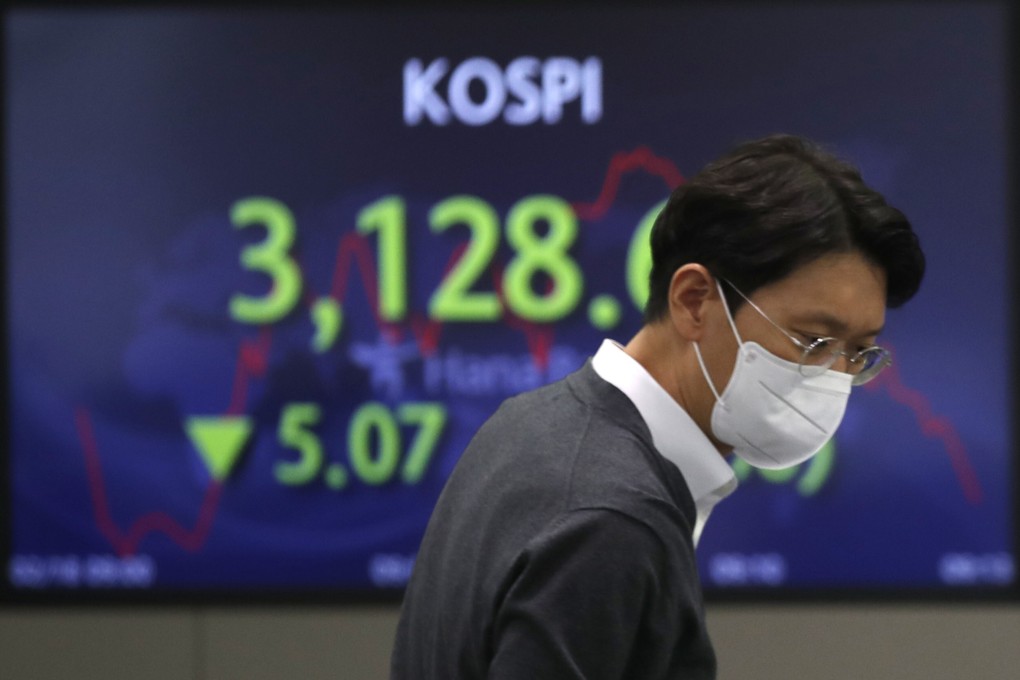Advertisement
Macroscope | What rising US bond yields mean for emerging market stocks
- While emerging markets are much more stable than they were during the ‘taper tantrum’ of 2013, they are dominated by internet, technology and consumer giants
- Because manufacturing and financial companies will benefit more from global growth, emerging equity markets may struggle to keep up
Reading Time:3 minutes
Why you can trust SCMP
0

The path to recovery from the Covid-19 crisis has become increasingly clear as countries around the world are vaccinating their populations and preparing to lift restrictions on public life. This is why markets have been booming, anticipating a surge in profits from renewed economic activity.
Yet despite continued vaccination progress, markets have hit a rough patch in recent weeks, with global equities down by over 3 per cent since mid-February, and Asia-ex-Japan by around 6 per cent. What’s going on? For some time, it has been clear that there are two main risks to further rises in risk assets such as equities.
The first is any serious threat to vaccination progress or effectiveness which might endanger the global economic recovery. But while there have been vaccination delays and concerns about new Covid-19 variants, so far none of these issues have really endangered the view that by this autumn major developed economies will reopen.
The second risk is sharply rising interest rates, which might dampen the economic recovery or undermine equity markets’ lofty valuations. This risk has begun to play out and hit markets recently, as US 10-year government bond yields have risen by nearly half from just over 1 per cent at the start of February to around 1.5 per cent currently – at least partly driven by the prospects of a US fiscal spending package of US$1.9 trillion.
The rise in US government bond yields also pulled up yields in other major economies such as Europe and Japan. Only China’s relatively insulated financial system allowed it to largely escape these moves.
This brings back memories of the 2013 “taper tantrum”. Back then, after years of easy monetary policy, the US Federal Reserve surprised investors with talk of “tapering” back down their long-running government bond purchases.
Advertisement
